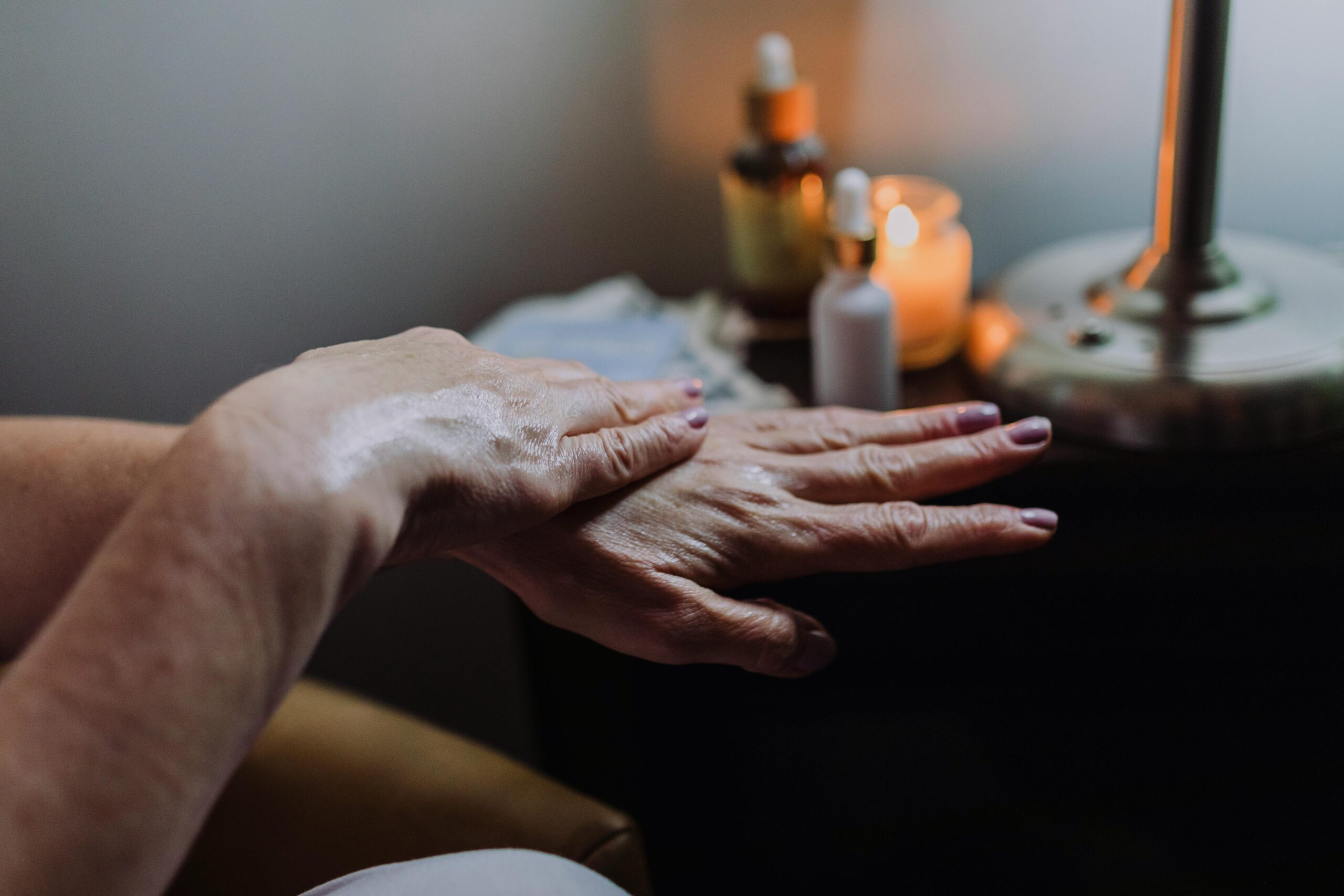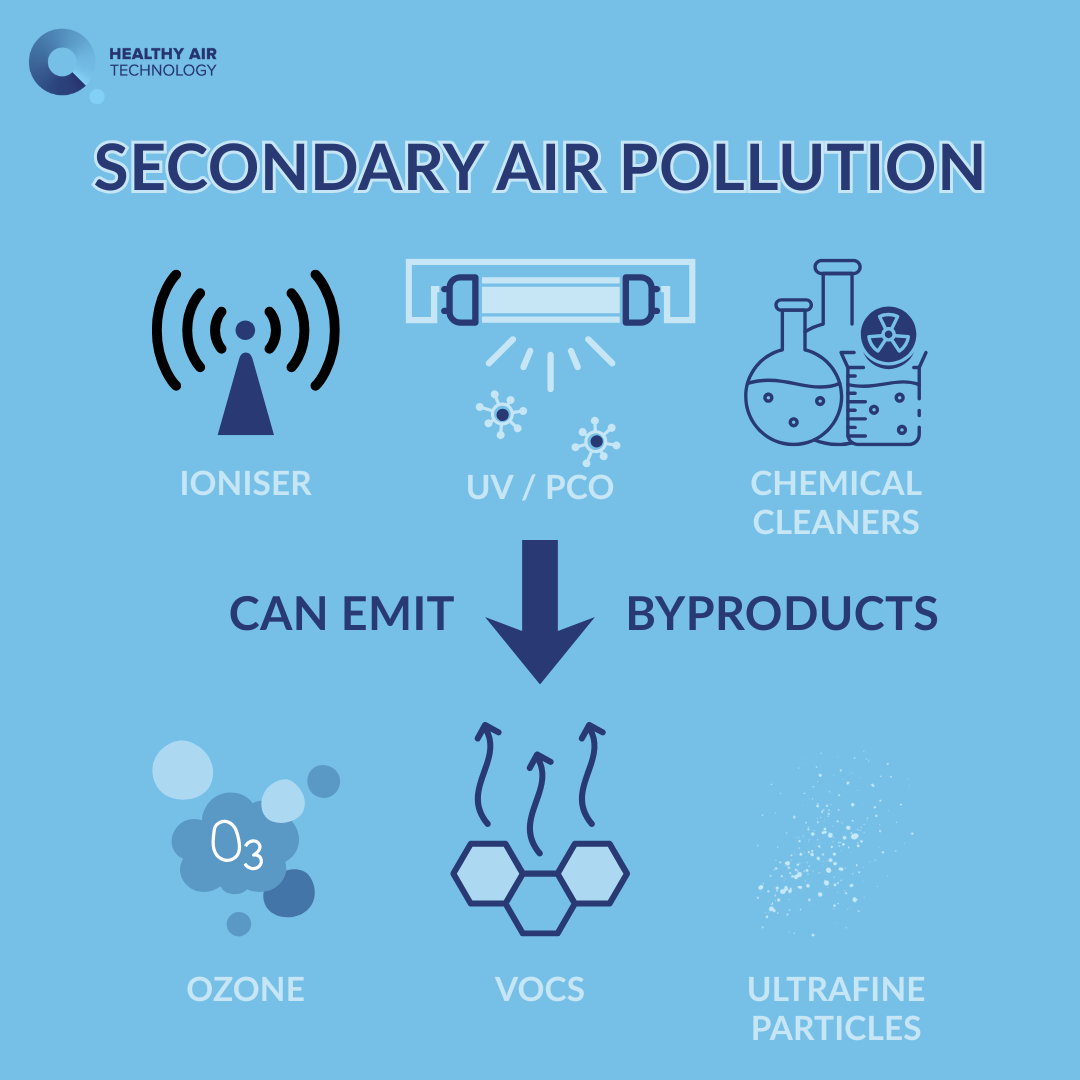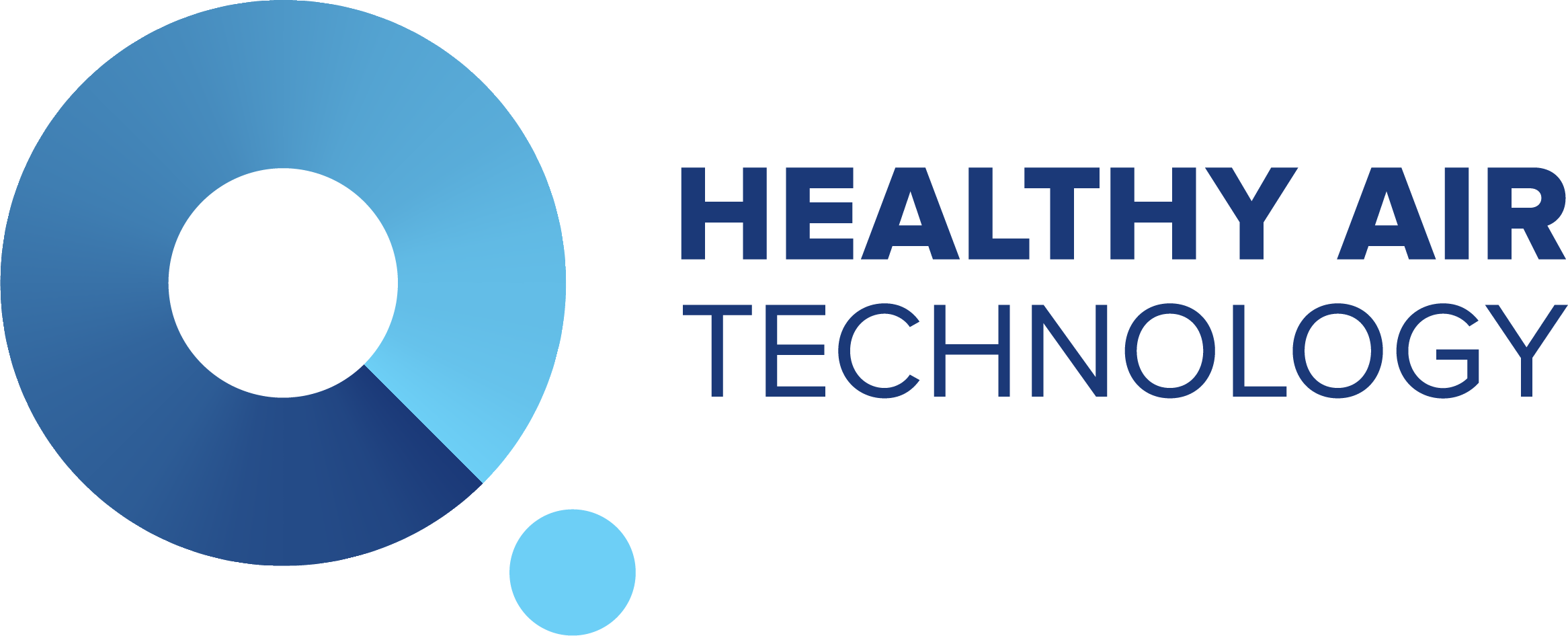
Why should we include clean air in our self care routine?
6 August 2025
Every year on July 24th, people around the world observe International Self-Care Day, a reminder to prioritise our mental, emotional, and physical health. From journaling to bubble baths to setting boundaries, self-care is usually framed as an individual practice.
But this year, it’s time to broaden the definition of self-care to include something often overlooked: the quality of the air we breathe.
Self-care starts with the basics: Breathing
Breathing is the most fundamental thing we do (up to 20,000 times a day) and yet we rarely stop to consider the air we’re taking in. Clean air is essential not only for lung health but also for mental clarity, sleep, energy levels, and long-term disease prevention.
If your self-care routine includes drinking clean water and eating nourishing foods, shouldn’t it also include ensuring you’re breathing clean air?
Air quality is a self-care issue
Most of us think of air pollution as a government or global issue, and while it certainly is, it’s also a personal health issue. Poor air quality is linked to everything from respiratory illnesses and allergies to anxiety and depression. In fact, studies have shown that exposure to polluted air can impact brain function and mood, making your morning meditation a lot harder than it needs to be.
Long-term exposure to air pollution has also been correlated to a progressive decline in mental function (Kulick et al., 2020), increasing the risk of dementia in the elderly (Power et al., 2016; Chen et al., 2017; Wang et al., 2022) and exacerbating the development of other diseases, including Alzheimer’s (Fu and Yung, 2020). Read more
So while face masks and aromatherapy might be part of your wellness routine, it’s worth asking: what are you doing to protect and improve the air you breathe every day?
Simple ways to care for your air (and yourself)
Here are a few ways you can incorporate air care into your self-care routine:
- Bring nature indoors: Houseplants like spider plants, peace lilies, and snake plants can help filter indoor air.
- Ventilate your space: Open windows regularly (if outdoor air quality is good) to reduce indoor air pollutants.
- Avoid burning indoors: Limit use of candles, incense, or wood stoves unless they’re well-ventilated.
- Reduce car use: Walk, bike, or carpool when possible. Less traffic means less smog.
- Support clean air policies: Advocate for clean air legislation and support sustainable initiatives in your community.
- Use an air purifier: Especially helpful in urban areas or during wildfire season, purifiers can remove particulate matter and allergens from your home.
Breathe with intention
Take a moment to step outside and breathe deeply. Ask yourself: Is this air supporting my health?
If not, perhaps the most radical act of self-care you can do this year is to take action, big or small, to clean it up.
After all, self-care isn’t selfish, it’s essential. And that includes the invisible things we so often take for granted like the air that fills our lungs.
Photo by RDNE Stock project: https://www.pexels.com/photo/healthy-light-nature-fashion-6724491/
Latest News

What does “secondary air pollution” actually mean indoors?
Key points Secondary air pollution refers to new pollutants or re-released contaminants created as a side effect of…

What are the main indoor air pollutants in modern buildings?
Key points Indoor air pollutants in modern buildings are typically a mixture of particles, gases, vapours and bioaerosols…

What is indoor air quality and why does it matter for buildings?
Key points Indoor air quality (IAQ) describes the chemical, particulate, biological and physical characteristics of the air inside…

